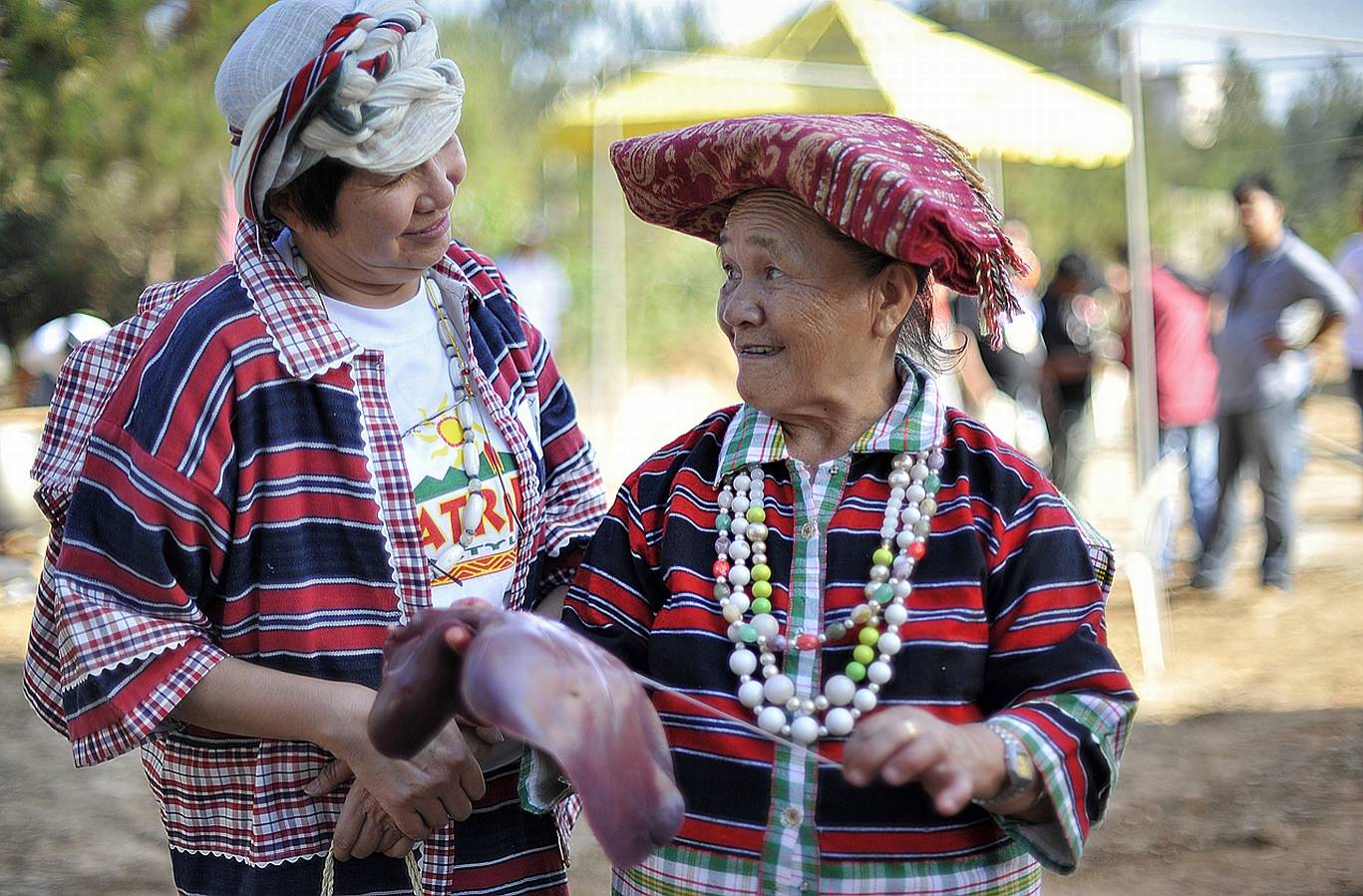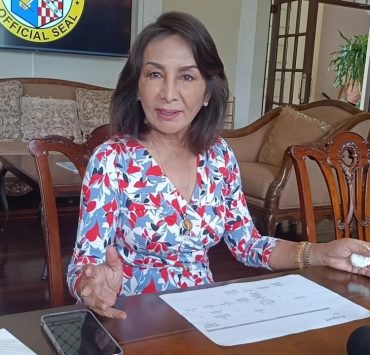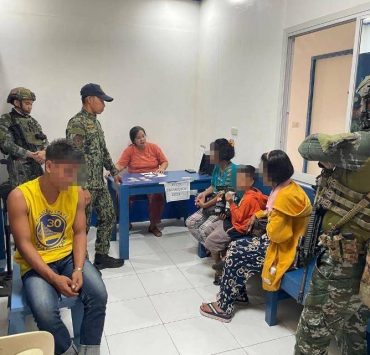Ibaloys in Baguio seek to end exclusion from IP rights law

BAGUIO CITY — The Ibaloys in Baguio have set in motion a campaign to remove a legal provision that excludes them from the protections provided by the Indigenous Peoples Rights Act (Ipra) of 1997 (Republic Act No. 8371 ).
During the city’s first World Indigenous Peoples (IP) Day celebration at Burnham Park’s Ibaloy Garden on Friday, Councilor Maximo Edwin, an Ibaloy, said the League of the Indigenous Peoples Mandatory Representatives (IPMR) in the Philippines passed a resolution in July urging the National Commission of Indigenous Peoples (NCIP) to push for amendments to Section 78 of Ipra that has excluded the Ibaloys of Baguio from the IP law’s coverage.
Section 78 is a special provision of RA 8371 that states that “the City of Baguio shall remain to be governed by its Charter, and all lands proclaimed as part of its townsite reservation shall remain as such until otherwise reclassified by appropriate legislation.”
Three recent Supreme Court rulings against Baguio’s Ibaloy land claims cite Section 78, but these decisions also assert exemptions to this rule.
Quoting the law, the high court said that “prior [Ibaloy] land rights and titles recognized and acquired through any judicial, administrative, or other processes before the effectivity of this Act shall remain valid.”
Halted process
Edwin, the city’s IPMR who is also known by his clan name “Bugnay,” said Section 78 was also a topic in a separate dialogue between NCIP and Ibaloy ancestral land claimants after the agency froze the processing of all applications for Certificates of Ancestral Land Titles in Baguio because of the SC rulings, the latest of which were issued on April 26 and July 11 last year.
He said fellow Ibaloy councilors, like lawyers Jose Molintas and Peter Fianza, have been exploring a lawsuit to challenge the constitutionality of Section 78 for violating the Constitution’s equal protection clause.
They cited Section 1, Article 3 of the 1987 Charter which states that “no person shall be deprived of life, liberty, or property without due process of law, nor shall any person be denied the equal protection of the laws.”
‘Historical injustices’
Section 78 has been described as one of the “historical injustices” plaguing Baguio’s Ibaloys in a speech by Councilor Arthur Allad-iw at the Baguio City Hall flag ceremony last Monday.
IPRA “must be revised to attune to the constitutional rights of IPs, particularly with regards to their ancestral lands and environment,” said Allad-iw, a former journalist.
Excising Section 78 is also important because of the Feb. 23, 1909 landmark decision of the United States Supreme Court, which recognized the “Native Title” or the ancestral land rights of indigenous Filipinos, he said.
The ruling benefits affluent Baguio Ibaloy Mateo Cariño who sued the American colonial government for lands that the US appropriated for a military garrison, which is now Camp John Hay.
Quoting the decision penned by Chief Justice Oliver Wendell Holmes, Allad-iw said: “Ownership by virtue of Native Title presupposes that the land has been held by its possessor and his predecessor-in-interest in the concept of an owner since time immemorial.”
He said the Ibaloys, including Cariño’s great grandchildren, have been celebrating Feb. 23 in Baguio as Ibaloy Day, because of a resolution sponsored by Ibaloy Councilor Isabelo ‘Poppo’ Cosalan to honor the “Native Title Doctrine (sometimes referred to as the Cariño Doctrine).
Because Holmes’ ruling applies to IPs in other countries, “advocates of IP rights within and outside the United Nations have proposed [to enact Feb. 23 as the “International Cariño Doctrine Day to remind the states [which are populated by IPs] of their right to land by invoking their Native Titles,” Allad-iw said.
Ibaloys and many Cordillera leaders took part in the United Nations (UN) Working Group that formulated the 2007 UN Declaration of the Rights of Indigenous Peoples, he stressed, among them the late human rights lawyer Wolliam Claver.
He said Molintas and Cariño grandchild, Joanna Cariño were appointed members of the UN Expert Mechanisms on the Rights of Indigenous Peoples.
Baguio’s World IP Day celebration on Friday coincided with the UN’s International Day of the World’s Indigenous Peoples.
















